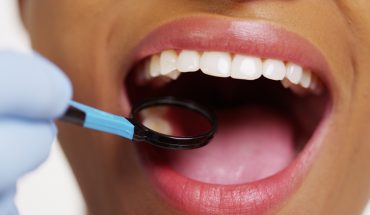Most of us realize how sleepless nights can make us feel emotional and like we’re not quite ourselves. But what is not so well known is how sleep impacts our physical health. It’s something that we all go through at some point, and at least a third of us suffer from poor sleep.
Your Mood
Irritability, indecisiveness, changes in personality and an overall weakened feeling of well-being both physically and emotionally are all common symptoms of not getting enough sleep. A lack of sleep can make you feel grouchy, and it’s easy to get frustrated over little things that might not usually bother you. This is because it’s difficult to focus on and understand things coherently. You might find that your thinking is inaccurate or that you are easily confused. Positive experiences may not get the right reaction out of you either, because your brain lacks the energy to regulate correct emotional responses.
How You Function
It’s important to be alert and focused as you go throughout the day, especially when driving. Driver fatigue is recognized as a public health problem, so it’s important to get proper sleep in order to prevent serious problems when behind the wheel. Some studies have found that drowsy driving is very similar to driving while drunk because your reaction times that are necessary for defensive driving are significantly slowed. One dangerous difference between drunk driving and drowsy driving is that a tired person may drift off to sleep behind the wheel and not even realize it.
Preventing Long Term Consequences
The immune system, appetite, sex drive, and weight loss are also affected by a chronic sleep deficit. It’s when we are resting that the brain and the body get to work. From muscle repair, flushing toxins, and regulating important hormones, rest time is when your body relaxes, resets and repairs itself so that you wake up refreshed and with replenished stamina. If your lack of sleep goes on for a period of time it may lead to more permanent or serious health diseases, such as diabetes 2, mental illness, early-onset dementia or Alzheimer’s, and even early mortality.
In most cases, following good sleep habits along with cutting back on cigarettes, alcohol, and caffeine before going to bed should be all that’s needed. If symptoms of insomnia continue, then it’s important to seek the help of a physician who can run more extensive tests and follow up with specialized treatment.




